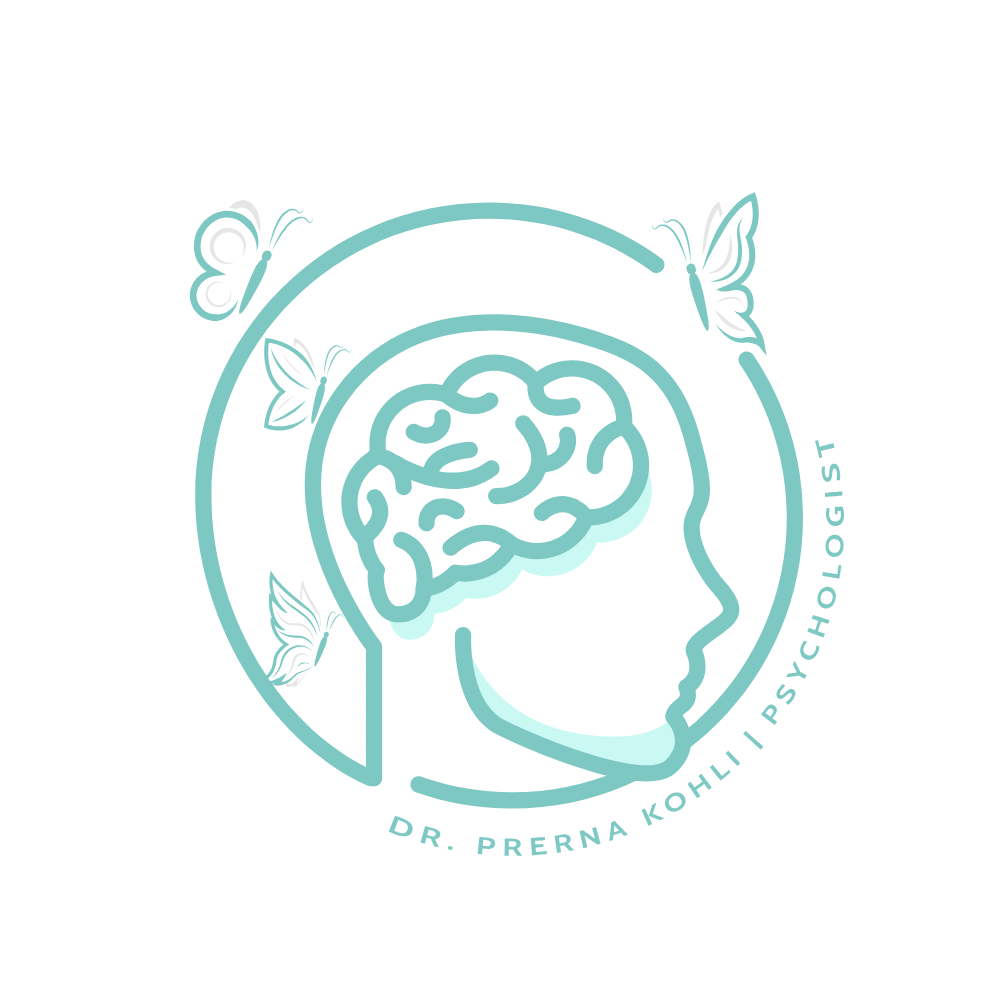In spite of average or above average intelligence and adequate schooling, some children lag behind in their academic skill acquisition. These children are generally considered as learning disabled. Learning disabilities are diagnosed particularly when children start going to school and are engaged in academic activities with other children in the school.
Academic skill acquisition involves one or more of the basic psychological processes, such as attention, perception, memory, logical thinking and so on. When there is some deficit in these basic processes required in understanding or using language, spoken or written, it may be manifested in the imperfect ability to listen, think, speak, read, write, spell, or do mathematical calculations. In spite of their average or above average intelligence, they have difficulty in learning scholastic skills.

Reading Disability
This disorder is diagnosed when a child has specific and significant impairment in the development of reading skills which is not due to poor intellectual functioning, visual or auditory acuity or poor schooling. It includes reading skills like reading comprehension, word recognition, oral reading skills and even impairment in skills that require reading.
Most of them have a history of specific developmental delays in speech and language acquisition. At the early stage, difficulties are observed mostly in learning an alphabetic script, in reciting the alphabet, in naming letters, rhyming words, in analysis or categorization of sounds. At a later stage, reading disorders may be manifested in omission, substitution, distortion or addition of words, slow reading rate, hesitations, reversals of words and even sentences, inability to comprehend, or recall what was read and so on. Difficulty in reading may be seen in other scholastic areas such as
arithmetic or writing.

Specific Writing Disability
The term ‘disorder of written expression’ was used by the American Psychological Association (APA, 2000) as a synonym for a specific writing disability. It is defined as “writing skills that fall substantially below those expected given the child’s chronological age, measured intelligence, and age-appropriate education”. Poor visual-motor coordination may also cause a significant problem in handwriting. Spelling difficulties are usually assessed by using individualized tests of spelling.

Specific Mathematics Disability
This is characterized by a specific impairment in basic computational skills such as addition, subtraction, and multiplication. It should not include difficulties in higher mathematical skills such as algebra, trigonometry, geometry or calculus. This should not be due to an intellectual, sensory, perceptual or neurological impairment or poor teaching-learning environment.
Learn more about Dr. Prerna Kohli
All images courtesy Pixabay

